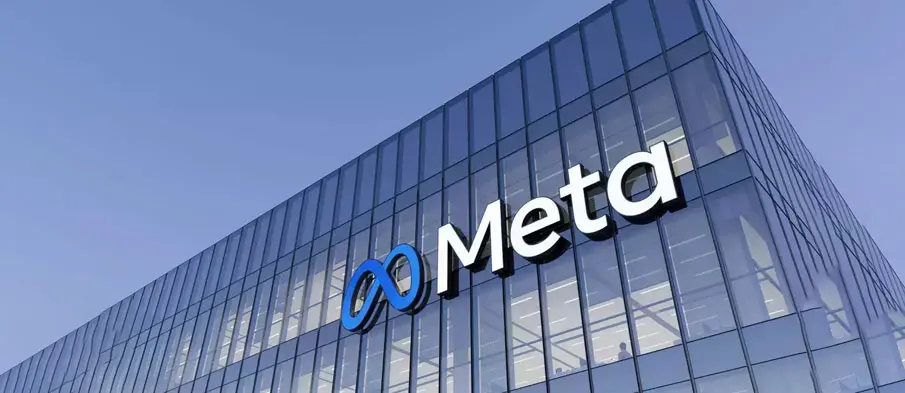
A historic antitrust trial kicked off Monday against Meta Platforms Inc., potentially threatening the tech giant’s ownership of Instagram and WhatsApp—two once-independent startups that now play major roles in the global social media ecosystem.
The case, being heard in a Washington federal court, will see Meta CEO Mark Zuckerberg take the stand, marking one of the most high-profile legal challenges in the company’s history.
During opening arguments, Federal Trade Commission (FTC) attorney Daniel Matheson accused Meta of maintaining monopoly power by acquiring potential rivals to eliminate competition, rather than improve consumer experience. He claimed Meta’s acquisition strategy was aimed at “building a moat” around its dominance, ensuring new entrants couldn’t pose a threat.
Zuckerberg and several other Meta executives are expected to testify. “We’ll allow them the opportunity to present their version of events,” Matheson said.
Meta Fires Back
Meta’s legal team, led by attorney Mark Hansen, argued that the FTC’s case is built on weak and inconsistent claims. He defended the acquisitions, emphasizing that Meta has enhanced Instagram and WhatsApp while continuing to face fierce competition from a range of platforms.
“This case is fundamentally flawed,” Hansen stated. “Consumers have benefitted significantly.”
The lawsuit, originally filed in 2020 during President Trump’s administration, alleges Meta (formerly Facebook) intentionally bought out emerging threats like Instagram and WhatsApp to cement its dominance in the social media sector—thus violating antitrust laws.
‘Buy, Don’t Compete’ Strategy
The FTC points to Zuckerberg’s own 2008 philosophy—“It is better to buy than compete”—as evidence of Meta’s long-standing strategy to acquire companies posing competitive threats. According to the Commission, Facebook actively monitored potential disruptors and bought them out rather than allowing them to flourish independently.
The acquisitions of Instagram in 2012 for $1 billion (later reduced to $750 million post-IPO) and WhatsApp in 2014 for $22 billion are central to the case. Both platforms helped Facebook transition successfully to mobile and maintain its appeal among younger users—something rival platforms like Snapchat and TikTok also aimed to do.
Notably, the FTC argues that Meta made it difficult for smaller competitors to thrive, thereby reducing innovation and consumer choice.
The Challenge of Defining a Market
A key hurdle for the FTC is proving that Meta currently holds monopoly power in a narrowly defined social media market—especially as new players like TikTok, YouTube, X (formerly Twitter), and Apple’s iMessage have gained popularity.
Paul Swanson, an antitrust lawyer, notes that defining the market in a way that excludes such players is becoming increasingly difficult. “The more time passes, the harder it is to ignore the rise of other serious competitors,” he said.
Meta argues that the FTC’s perspective is outdated and disconnected from today’s digital landscape. “Instagram, WhatsApp, and Facebook are in direct competition with several other platforms used globally,” Meta said in a statement. “This case ignores that reality, and undermines innovation by retroactively challenging approved deals.”
Legal Stakes and Wider Implications
Meta stresses that the FTC must demonstrate the company’s current monopoly status—not just its past behavior. That burden of proof could be difficult to meet given the current, more diverse, social media environment.
The case will be decided by U.S. District Judge James Boasberg, who previously declined Meta’s request for a summary dismissal. While he has expressed doubts about the FTC’s market definition, he has agreed that the matter warrants a full trial.
If the court rules against Meta and orders a breakup, the company’s advertising business could take a massive hit, especially with Instagram accounting for a significant share of its mobile revenue.
This trial is part of a broader push by U.S. regulators to rein in Big Tech, with similar antitrust proceedings underway against Google and Amazon. The remedy phase in Google’s case is expected to start on April 21.
Swanson summarized the broader stakes, saying, “We’re using laws from the industrial age to govern digital-age companies. This case could set the tone for how antitrust enforcement evolves in the tech sector.”




